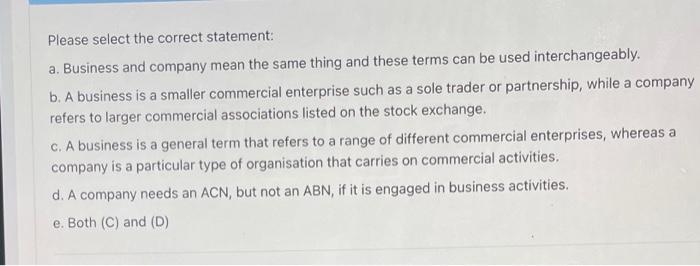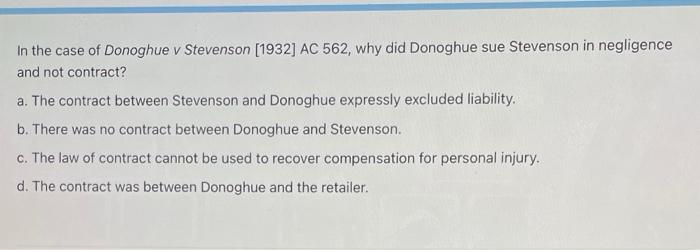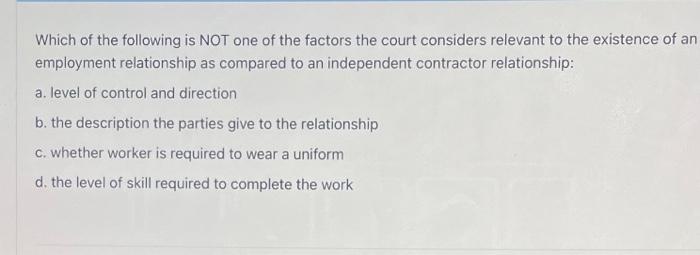Please help me with this I'm lost and I have final tomorrow I need help
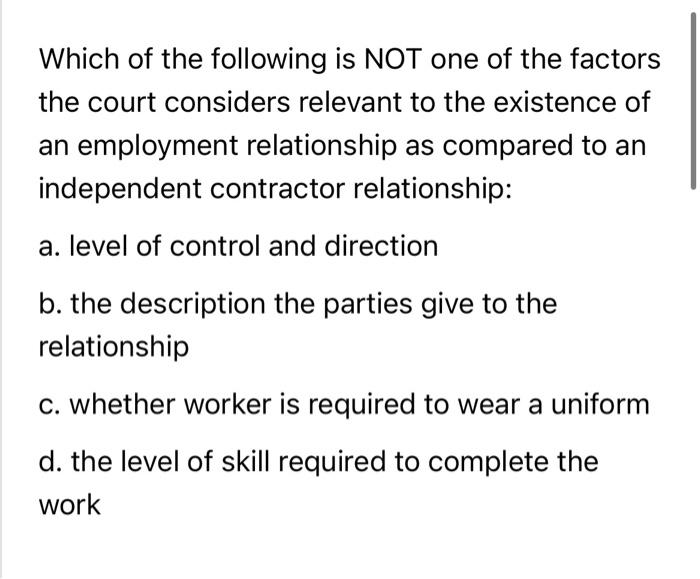
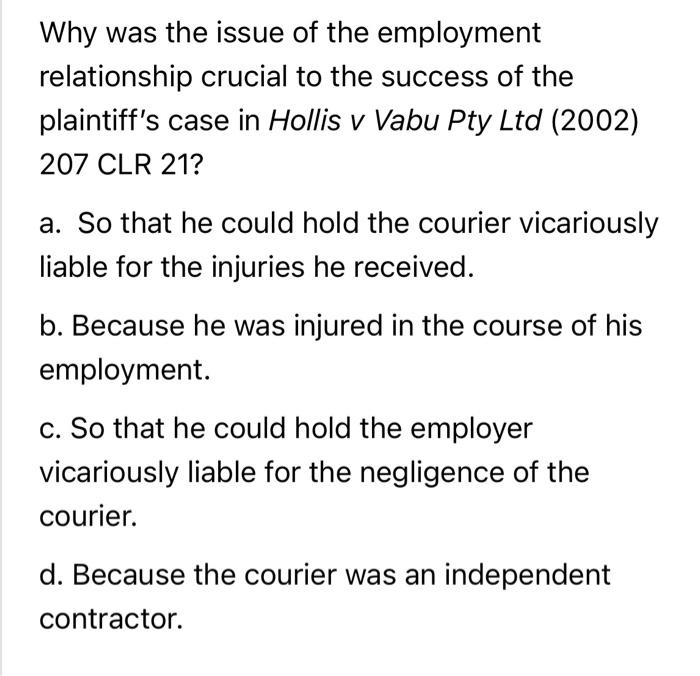
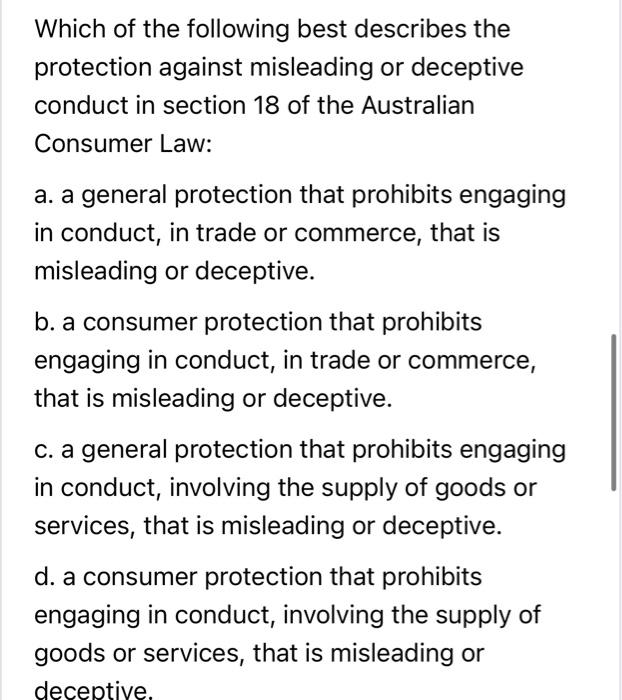
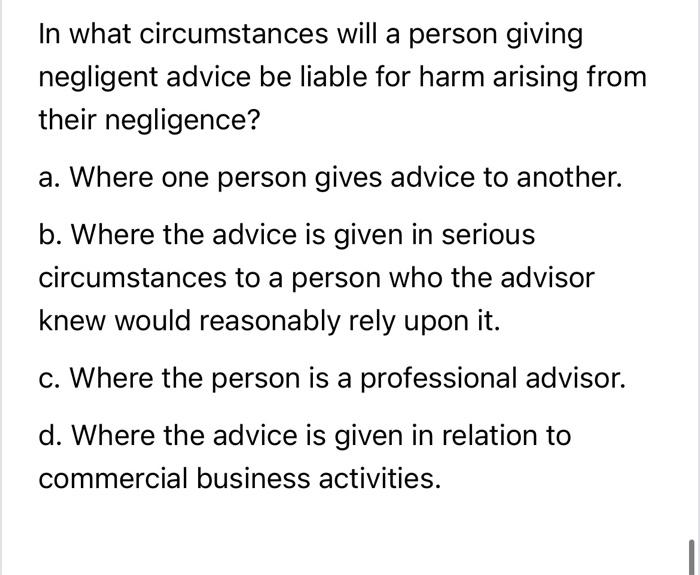
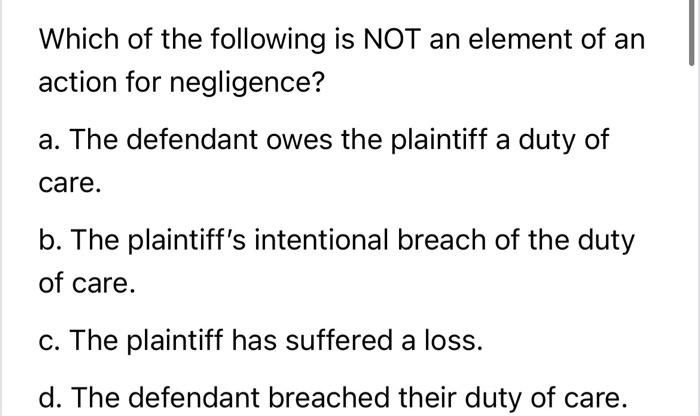
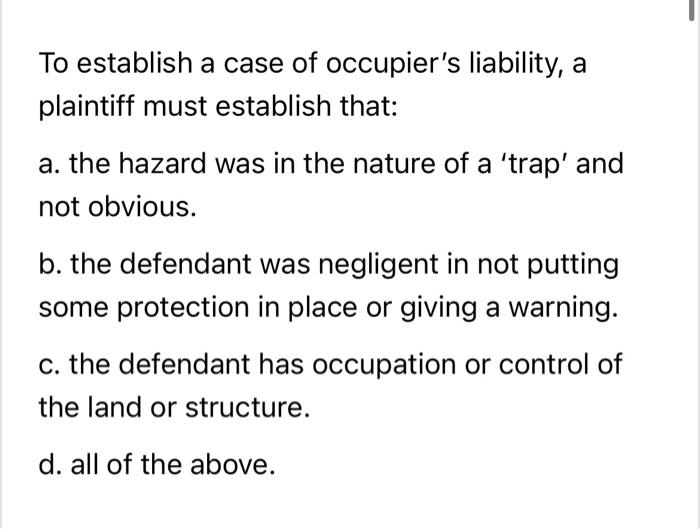
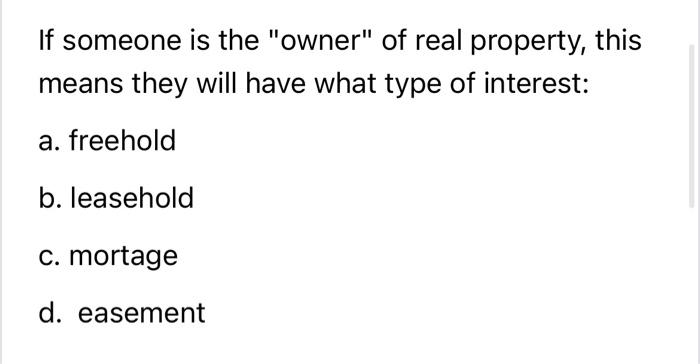
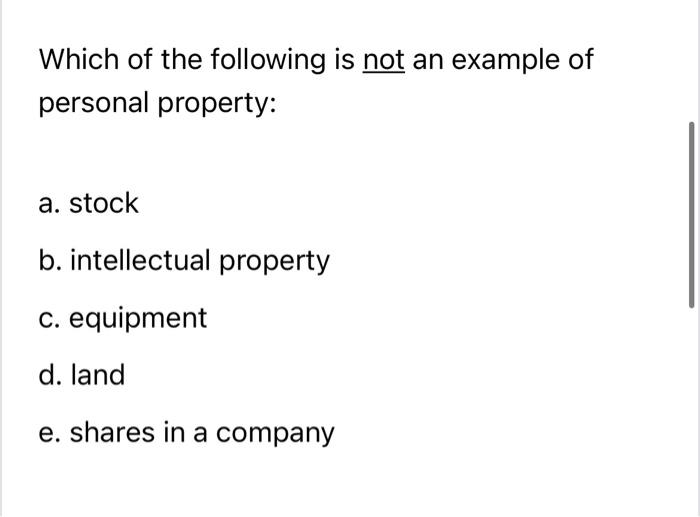
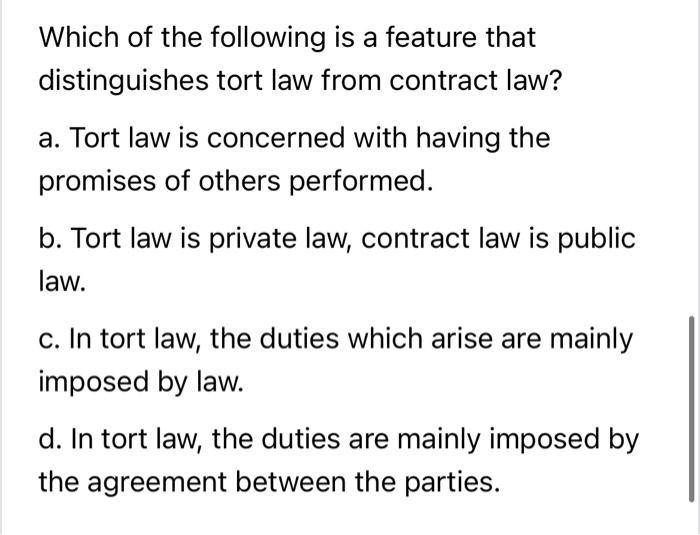
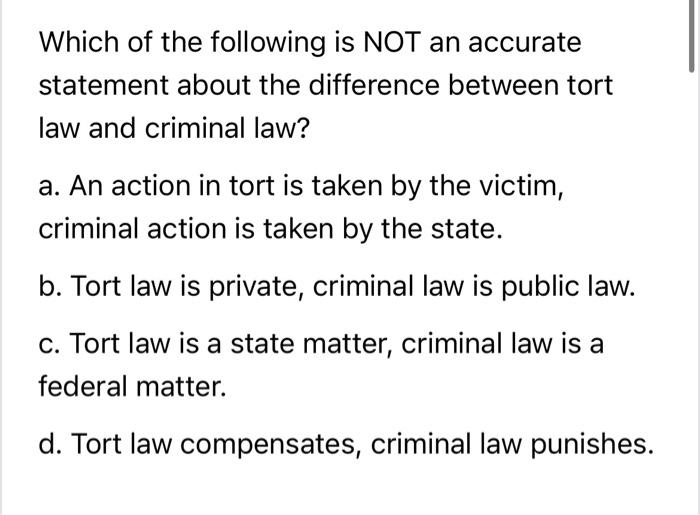
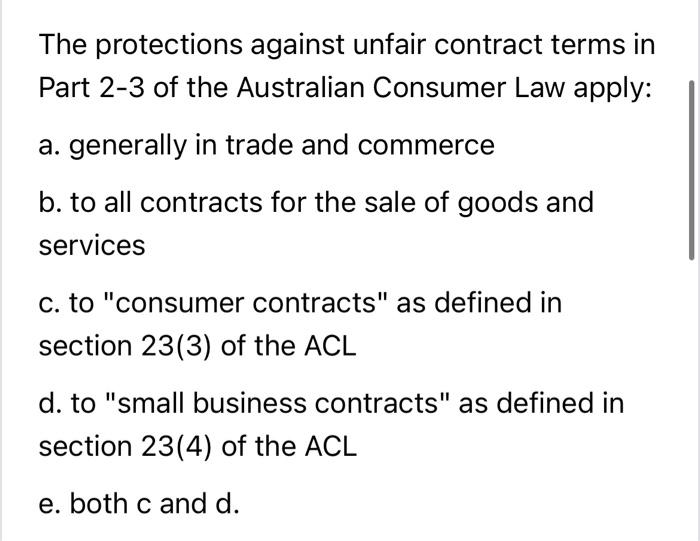
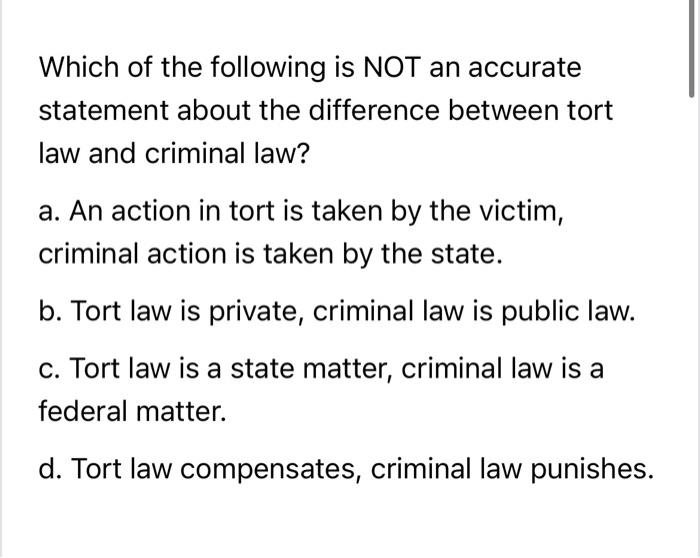
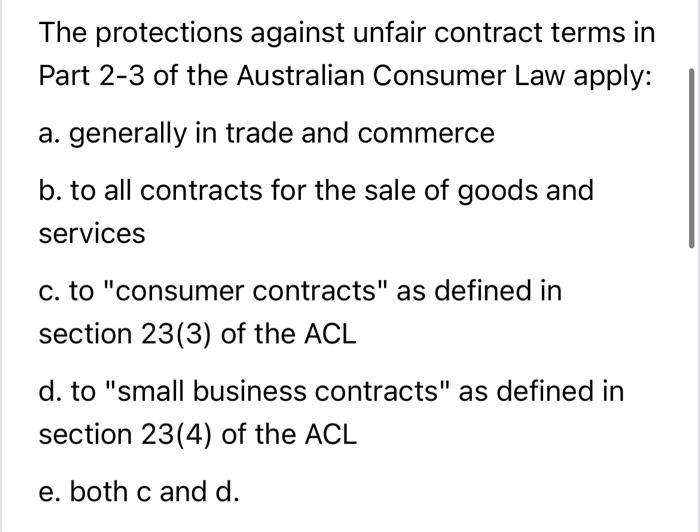
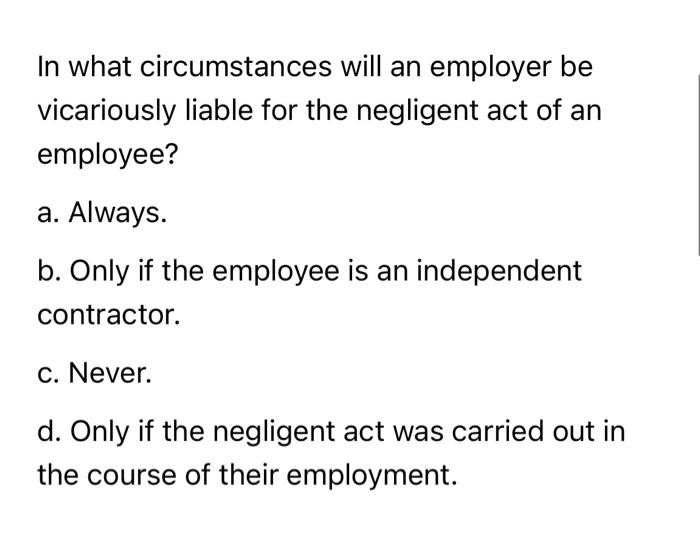
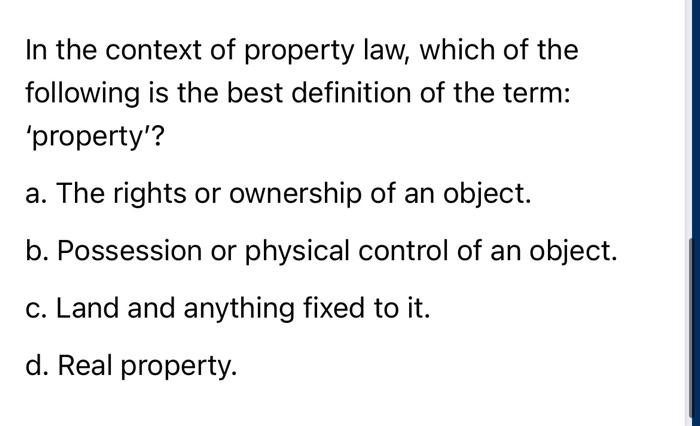
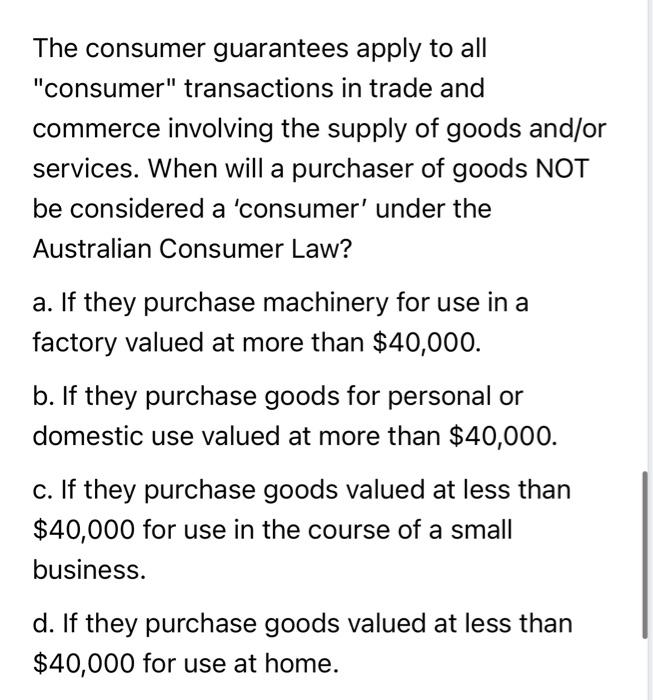
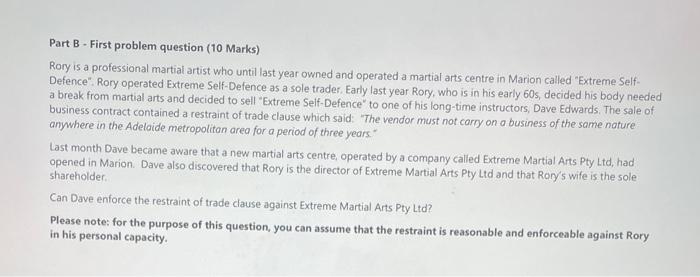
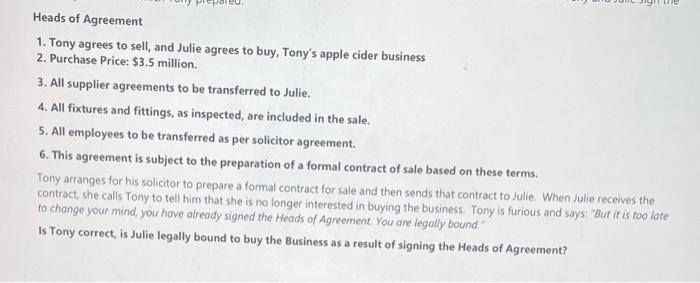

Select the correct statement from the following options: a. A company can raise capital by issuing shares (equity) or debentures (debt) b. A company can raise capital by issuing shares (debt) or debentures (equity) c. A company can raise capital by issuing shares or debentures, both of which increase the company's debt. d. A company can raise capital by issuing shares or debentures, both of which increase the company's equity. Please select the correct statement: a. Business and company mean the same thing and these terms can be used interchangeably. b. A business is a smaller commercial enterprise such as a sole trader or partnership, while a company refers to larger commercial associations listed on the stock exchange. c. A business is a general term that refers to a range of different commercial enterprises, whereas a company is a particular type of organisation that carries on commercial activities. d. A company needs an ACN, but not an ABN, if it is engaged in business activities. e. Both (C) and (D) In the case of Donoghue v Stevenson [1932] AC 562, why did Donoghue sue Stevenson in negligence and not contract? a. The contract between Stevenson and Donoghue expressly excluded liability. b. There was no contract between Donoghue and Stevenson. c. The law of contract cannot be used to recover compensation for personal injury. d. The contract was between Donoghue and the retailer. Which answer option is NOT a necessary element for establishing misleading and deceptive conduct? a. The conduct must be misleading or deceptive or likely to mislead or deceive. b. The conduct must have been by a person. c. The conduct must have been intended to mislead or deceive. d. The conduct must be in trade or commerce. Employees are agents for their employers: a. Yes, always. b. No, never. c. It depends on whether a particular act is within the scope of the employee's employment d. It depends if they are an independent contractor Which of the following is NOT one of the factors the court considers relevant to the existence of an employment relationship as compared to an independent contractor relationship: a. level of control and direction b. the description the parties give to the relationship c. whether worker is required to wear a uniform d. the level of skill required to complete the work Which of the following is NOT one of the factors the court considers relevant to the existence of an employment relationship as compared to an independent contractor relationship: a. level of control and direction b. the description the parties give to the relationship c. whether worker is required to wear a uniform d. the level of skill required to complete the work Why was the issue of the employment relationship crucial to the success of the plaintiff's case in Hollis v Vabu Pty Ltd (2002) 207 CLR 21? a. So that he could hold the courier vicariously liable for the injuries he received. b. Because he was injured in the course of his employment. c. So that he could hold the employer vicariously liable for the negligence of the courier. d. Because the courier was an independent contractor. Which of the following best describes the protection against misleading or deceptive conduct in section 18 of the Australian Consumer Law: a. a general protection that prohibits engaging in conduct, in trade or commerce, that is misleading or deceptive. b. a consumer protection that prohibits engaging in conduct, in trade or commerce, that is misleading or deceptive. c. a general protection that prohibits engaging in conduct, involving the supply of goods or services, that is misleading or deceptive. d. a consumer protection that prohibits engaging in conduct, involving the supply of goods or services, that is misleading or deceptive. In what circumstances will a person giving negligent advice be liable for harm arising from their negligence? a. Where one person gives advice to another. b. Where the advice is given in serious circumstances to a person who the advisor knew would reasonably rely upon it. c. Where the person is a professional advisor. d. Where the advice is given in relation to commercial business activities. Which of the following is NOT an element of an action for negligence? a. The defendant owes the plaintiff a duty of care. b. The plaintiff's intentional breach of the duty of care. c. The plaintiff has suffered a loss. d. The defendant breached their duty of care. To establish a case of occupier's liability, a plaintiff must establish that: a. the hazard was in the nature of a 'trap' and not obvious. b. the defendant was negligent in not putting some protection in place or giving a warning. c. the defendant has occupation or control of the land or structure. d. all of the above. If someone is the "owner" of real property, this means they will have what type of interest: a. freehold b. leasehold c. mortage d. easement Which of the following is not an example of personal property: a. stock b. intellectual property c. equipment d. land e. shares in a company Which of the following is a feature that distinguishes tort law from contract law? a. Tort law is concerned with having the promises of others performed. b. Tort law is private law, contract law is public law. c. In tort law, the duties which arise are mainly imposed by law. d. In tort law, the duties are mainly imposed by the agreement between the parties. Which of the following is NOT an accurate statement about the difference between tort law and criminal law? a. An action in tort is taken by the victim, criminal action is taken by the state. b. Tort law is private, criminal law is public law. c. Tort law is a state matter, criminal law is a federal matter. d. Tort law compensates, criminal law punishes. The protections against unfair contract terms in Part 2-3 of the Australian Consumer Law apply: a. generally in trade and commerce b. to all contracts for the sale of goods and services c. to "consumer contracts" as defined in section 23(3) of the ACL d. to "small business contracts" as defined in section 23(4) of the ACL e. both c and d. Which of the following is NOT an accurate statement about the difference between tort law and criminal law? a. An action in tort is taken by the victim, criminal action is taken by the state. b. Tort law is private, criminal law is public law. c. Tort law is a state matter, criminal law is a federal matter. d. Tort law compensates, criminal law punishes. The protections against unfair contract terms in Part 2-3 of the Australian Consumer Law apply: a. generally in trade and commerce b. to all contracts for the sale of goods and services c. to "consumer contracts" as defined in section 23(3) of the ACL d. to "small business contracts" as defined in section 23(4) of the ACL e. both c and d. In what circumstances will an employer be vicariously liable for the negligent act of an employee? a. Always. b. Only if the employee is an independent contractor. c. Never. d. Only if the negligent act was carried out in the course of their employment. In the context of property law, which of the following is the best definition of the term: 'property'? a. The rights or ownership of an object. b. Possession or physical control of an object. c. Land and anything fixed to it. d. Real property. The consumer guarantees apply to all "consumer" transactions in trade and commerce involving the supply of goods and/ services. When will a purchaser of goods NOT be considered a 'consumer' under the Australian Consumer Law? a. If they purchase machinery for use in a factory valued at more than $40,000. b. If they purchase goods for personal or domestic use valued at more than $40,000. c. If they purchase goods valued at less than $40,000 for use in the course of a small business. d. If they purchase goods valued at less than $40,000 for use at home. Part B - First problem question (10 Marks) Rory is a professional martial artist who until last year owned and operated a martial arts centre in Marion called "Extreme SelfDefence". Rory operated Extreme Self-Defence as a sole trader. Early last year Rory, who is in his early 60 s, decided his body needed a break from martial arts and decided to sell "Extreme Self-Defence" to one of his long-time instructors, Dave Edwards. The sale of business contract contained a restraint of trade clause which said: "The vendor must not carry on a business of the same nature anywhere in the Adelaide metropolitan area for a period of three years. Last month Dave became aware that a new martial arts centre, operated by a company called Extreme Martial Arts Pty Ltd, had opened in Marion. Dave also discovered that Rory is the director of Extreme Martial Arts Pty Ltd and that Rory's wife is the sole shareholder. Can Dave enforce the restraint of trade clause against Extreme Martial Arts Pty Ltd? Please note: for the purpose of this question, you can assume that the restraint is reasonable and enforceable against Rory in his personal capacity. Heads of Agreement 1. Tony agrees to sell, and Julie agrees to buy, Tony's apple cider business 2. Purchase Price: $3.5 million. 3. All supplier agreements to be transferred to Julie. 4. All fixtures and fittings, as inspected, are included in the sale. 5. All employees to be transferred as per solicitor agreement. 6. This agreement is subject to the preparation of a formal contract of sale based on these terms. Tony arranges for his solicitor to prepare a formal contract for sale and then sends that contract to Julie. When Julie receives the contract, she calls Tony to tell him that she is no longer interested in buying the business. Tony is furious and says: But it is too late to change your mind, you have already signed the Heads of Agreement, You are legally bound." Is Tony correct, is Julie legally bound to buy the Business as a result of signing the Heads of Agreement? Part B Third Problem Question (10 Marks) Ethan owns and operates a health food store in Glenelg called NutriTucker. All of the food sold by NutriTucker is organic, gluten-free and vegan. NutriTucker's speciality item is the "organic vanilla quinoa smoothie." Recently, Ethan opened a second store in Unley. Ethan hired Marcia as a full-time store manager of the Glenelg store, so that Ethan could manage the new Unley store. As part of Martia's terms of employment, she had day-to-day responsibility for running the store, including supervising casual staff and managing customer service and food preparation. Marcia also had the authority to check and accept deliveries. However, Ethan told her not to place orders with suppliers, or otherwise make any purchases on behalf of Nutritucker. One-day, while working in the store, Marcia was approached by Randy who offered to supply NutriTucker with quinoa. The price Randy offered was much lower than the price NutriTucker was paying. Marcia, who was keen to impresss Ethan, signed a 6 -month supply agreement with Randy. Unfortunately, Ethan was not impressed at all. Randy's quinoa was not organic. Marcia had forgotten to request organic quinoa, which is why Randys price was low. Is Ethan liable to pay Randy for the quinoa (as per the supply agreement signed by Marcia)? Please note: for the purpose of this question, you do not need to consider any remedies that Ethan may have against Marcia. You are to consider Ethan's position with Randv only

